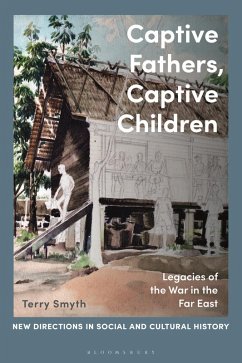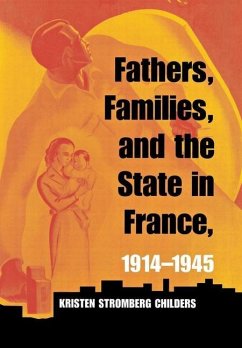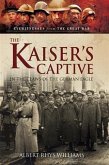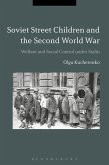Why are the daughters and sons of Far East prisoners of war still captivated by the stories of their fathers? What is it that compels so many of the children, after so many years, to search for the details of their fathers' captivity? And how, over the decades, have they come to terms with their childhood memories? In his book Terry Smyth treads new ground by examining the processes through which the children's memory practices came to be rooted in the POW experiences of their fathers.
By following a life course approach, and a psychosocial methodology, the book demonstrates how memory and trauma were 'worked into' the social and cultural lives of individual children, and explores how the relationship between their inner psychic worlds and subsequent memory practices unfolded against a challenging and morally ambivalent geopolitical background.
The book invites readers to engage with the author in a journey of exploration and self-reflection, with elements of auto-ethnography adding richness to the text. Enlivened by interview extracts, case study material and ethnographic observations, this work opens up fresh and ambitious perspectives on the personal legacies of war.
By following a life course approach, and a psychosocial methodology, the book demonstrates how memory and trauma were 'worked into' the social and cultural lives of individual children, and explores how the relationship between their inner psychic worlds and subsequent memory practices unfolded against a challenging and morally ambivalent geopolitical background.
The book invites readers to engage with the author in a journey of exploration and self-reflection, with elements of auto-ethnography adding richness to the text. Enlivened by interview extracts, case study material and ethnographic observations, this work opens up fresh and ambitious perspectives on the personal legacies of war.









